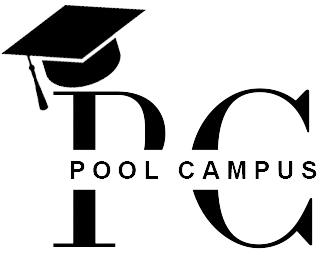University of British Columbia
Overview
The University of British Columbia (UBC) is a public research university with campuses near Vancouver and Kelowna, in British Columbia, Canada. With an annual research budget of $893 million, UBC funds 9,992 projects annually in various fields of study within the industrial sector, as well as governmental and non-governmental organizations.
The Vancouver campus is situated on the Point Grey campus lands, an unincorporated area next to the City of Vancouver and the University Endowment Lands.[9] The university is located 10 km (6 mi) west of Downtown Vancouver.[10] UBC is also home to TRIUMF, Canada’s national particle and nuclear physics laboratory, which boasts the world’s largest cyclotron. In addition to the Peter Wall Institute for Advanced Studies and the Stuart Blusson Quantum Matter Institute, UBC and the Max Planck Society collectively established the first Max Planck Institute in North America, specializing in quantum mechanics.[11] Green College is UBC’s transdisciplinary semi-independent post-graduate live-in college and is situated on the north-eastern tip of campus adjacent to Burrard Inlet. One of Canada’s largest research libraries, the UBC Library system has over 8.3 million items (including print and electronic) among its 21 branches. It is visited annually by 3.1 million people or 9.7 million virtually.[12] The Okanagan campus, acquired in 2005, is located in Kelowna, British Columbia.
University of British Columbia (UBC) Course Offerings
The University of British Columbia (UBC), one of Canada’s leading research universities, is known for its innovative teaching, global impact, and strong academic reputation. Located in Vancouver and Okanagan, British Columbia, UBC offers a diverse range of undergraduate, graduate, and professional programs designed to equip students with the knowledge and skills required for leadership in a global society.
Faculties and Areas of Study
UBC offers a wide range of programs through its faculties and schools, organized into different academic areas:
- Faculty of Arts: Offers courses in humanities, social sciences, and interdisciplinary studies, including philosophy, history, psychology, and political science.
- Faculty of Science: Programs in biology, chemistry, physics, mathematics, environmental sciences, and earth and ocean sciences.
- Faculty of Applied Science: Specializations in engineering, architecture, and computer science, with a focus on practical, real-world problem-solving.
- Sauder School of Business: Leading programs in business administration, finance, marketing, and entrepreneurship, including an MBA program.
- Faculty of Medicine: Includes programs in medical sciences, public health, biomedical research, and clinical education.
- Faculty of Education: Degrees in teaching, educational leadership, and counseling psychology, aimed at those who wish to work in education and community services.
- Faculty of Law: Undergraduate and graduate courses in common law, environmental law, and legal studies.
- Faculty of Land and Food Systems: Specializations in agriculture, food science, sustainable food systems, and environmental management.
- School of Music: Degrees in music performance, musicology, and composition, with opportunities for interdisciplinary studies.
- Faculty of Graduate and Postdoctoral Studies: Over 300 graduate programs, including master’s, Ph.D., and certificate programs across various disciplines.





